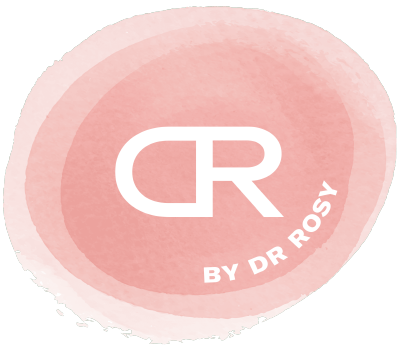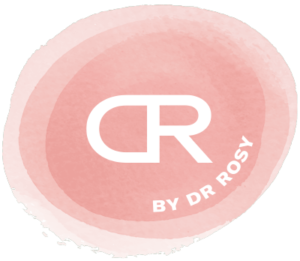Hair loss is a common concern I see amongst both my male and female patients of all ages, and especially since the pandemic it feels like almost everyone is suffering from increased hair loss. It can be caused by a variety of factors such as genetics, hormonal changes, stress, poor nutrition, and certain medical conditions. Fortunately, there are several ways to improve hair loss, and as a board-certified internal medicine physician, I want to share three of the most effective ways with you.
Nutritional supplements
Your hair needs certain vitamins and minerals to grow and stay healthy. Nutritional supplements such as biotin, vitamin D, iron, and zinc can help improve hair growth and reduce hair loss. Biotin is a B-vitamin that is essential for healthy hair growth. Vitamin D helps to regulate the growth and maintenance of hair follicles. Iron is important for the delivery of oxygen to hair follicles, and zinc helps to regulate the production of oil in the scalp. I recommend taking a prenatal vitamin even if you are not pregnant for 2-3 months as it has higher iron levels which may help with hair growth. I do not recommend men to take these as generally male pattern hair loss is not related to iron deficiency and it may even be harmful. I also recommend supplements like Nutrafol and Viviscal Pro for hair growth which are both backed by clinical studies.
Topical treatments
Topical treatments such as minoxidil and finasteride can help to stimulate hair growth and prevent further hair loss. Minoxidil or Rogaine is an over-the-counter medication that is applied directly to the scalp. It works by increasing blood flow to the hair follicles and stimulating hair growth. Finasteride is a prescription medication that is taken orally. It works by blocking the hormone that causes hair loss. Topical treatments are most effective when used in the early stages of hair loss.
Hair transplant
Hair transplant is a surgical procedure that involves moving hair follicles from one area of the scalp to another. This procedure is most effective for people with advanced hair loss. During the procedure, hair follicles are taken from the back or sides of the scalp and transplanted to the balding area. The transplanted hair will continue to grow naturally and blend in with the surrounding hair. Hair transplant is a safe and effective procedure, but it should be performed by a qualified and experienced hair transplant surgeon.
In my clinical practice, I understand the emotional stress hair loss has on both men and women, and having suffered from hair loss postpartum myself, I can relate to my patients well. Our protocol which works very well for patients includes an inside- out approach. We focus on nutritional supplementation including Vitamin D supplementation, Viviscal Pro and topical minoxidil and then in the office we have had the most success with PRP (platelet-rich plasma) injections which harness the regenerative benefits of your body’s growth factors and stem cells for promoting hair growth. Typically a series of 3-4 treatments performed at monthly intervals works best.
While no one wants to suffer hair loss there are several effective solutions to help improve the problem. With the right treatment, you can restore your hair and regain your confidence.



